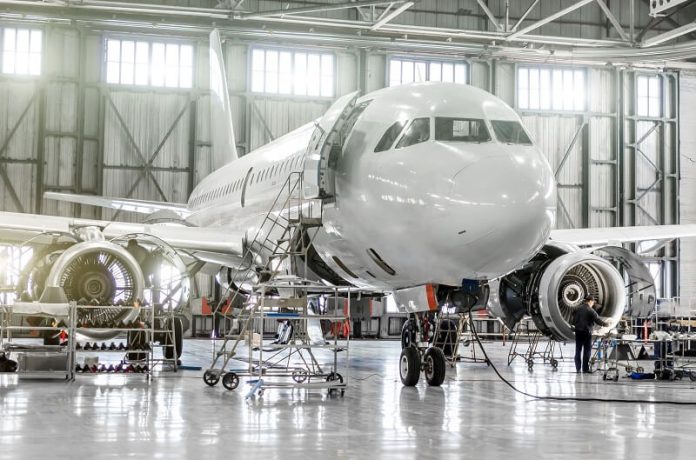Experts in the aviation industry are urging Nigerian airline owners and managers to elevate their operations in order to seize opportunities in the rapidly growing global aviation partnership value chain, which generates over $52 billion annually.
Global carriers operating under interline agreements collectively generate this revenue by selling tickets for passengers booked through partnership networks.
Securing Foreign Partnerships
Investigations by our source reveal that Nigerian carriers seeking to secure interline, code-sharing, joint ventures, and other forms of cooperation with foreign airlines need to achieve international certification and update their business and operational models to align with global standards.
Recently, Emirates Airlines and Air Peace signed an interline agreement connecting 13 Nigerian cities. Experts believe other local carriers can follow suit to form similar partnerships with international airlines flying into Nigeria.
Building Trust and Efficiency
In separate interviews, Sindy Foster, Principal Managing Partner at Avaero Capital Partners, Group Captain John Ojikutu (rtd), aviation analyst and CEO of Centurion Security Limited, and Captain Samuel Caulcrik, former Rector of the Nigerian College of Aviation Technology (NCAT), outlined steps Nigerian carriers must take to tap into the global aviation value chain.
Foster emphasized that Nigerian airlines must demonstrate reliability and quality by maintaining consistent performance and efficient ground operations. She noted that indigenous carriers should complement international airlines with additional routes and markets, including “behind and beyond” traffic to expand network reach.
Additionally, she stressed the importance of having strong financial and administrative practices, such as transparent revenue management and efficient settlement processes like participation in the IATA clearing house. A solid brand focused on customer satisfaction also makes airlines more attractive to potential partners.
Government’s Role in Protecting Local Routes
Ojikutu emphasized that while foreign partnerships can help indigenous airlines grow, the government must take measures to protect domestic routes. He suggested that if Nigerian carriers cannot access international routes under the Bilateral Air Services Agreement (BASA), the government should restrict foreign airlines to Lagos or Abuja, limiting their presence in other domestic routes.
He recommended that foreign airlines be encouraged to interline with Nigerian carriers to transfer international passengers to local airports, improving traffic to underserved airports. The fares for these interlining passengers should be paid in dollars to the domestic airlines.
Addressing Trust and Payment Issues
Captain Caulcrik identified reputation and trust as major challenges Nigerian carriers face when establishing interline partnerships with foreign carriers. He explained that timely payments and reliable cash flow are crucial for maintaining these relationships. However, concerns over ticket revenue repatriation often hinder foreign carriers’ trust in Nigerian airlines.
To address this, Caulcrik suggested a clearing vehicle to facilitate smoother revenue repatriation. This system would allow Nigerian carriers to prove their creditworthiness, making it easier to form partnerships with foreign airlines.
He also recommended Nigerian airlines explore IATA’s centralized billing and settlement system, as well as AFRAA’s clearing house service, to streamline business transactions. Third-party settlement services, such as partnerships with banks or aviation experts, could further assist in facilitating smooth revenue repatriation and fostering trust.
Conclusion
By implementing reliable clearing systems and focusing on operational efficiency and financial transparency, Nigerian carriers can tap into the $52 billion global aviation partnership value chain. With the right improvements, local airlines can foster stronger relationships with foreign carriers, boosting their presence and reputation in the international aviation space.

